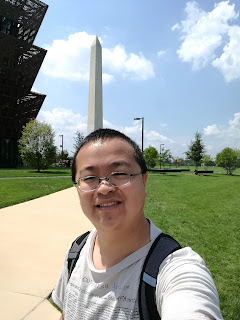Brief Thoughts on "international" or "Intercultural" experiences
I have been searching for job opportunities lately. While I
search for job postings, the real question for me is what I really want to do
and what skill sets I have that can
make meaningful contribution to this world. I have to consider what advantage I
have and how I can apply those advantage in getting a job. As I read those job
posting, I have found some of them asking for "international" or
"intercultural" experiences. Since it might be my advantage, I find
it interesting to dig a little bit deeper into this idea.
What do they mean when they ask for international/intercultural
experiences? Are they looking for an American who has experiences working
abroad or working with people of different cultures? Or are they looking for
someone who is from a different culture and has been immersed in American culture?
People
from different cultures reason distinctively, so it is valuable for a group or
team to include people from diverse cultures that can offer original and
creative ideas to the working projects. Or, the best scenario might be that
such person not only could offer interpretations from one particular cultural
viewpoint but could analyze an issue from few different cultural perspectives.
If we agree that cultures provide different modes of perception, then for most
American people, even with international experiences, they still interpret
their international experiences with the presuppositions embedded in American
culture. On the other hand, a foreigner with American experiences would provide ideas beyond the American culture, even though their
understanding of American culture might not be as comprehensive as
Americans.
Having
been in U.S. for almost nine years, I ask myself: Am I thinking like an
American more or a Taiwanese more? I think I am somewhere in between. Taiwanese
culture perspective is rooted in my mind; however, since I have stayed in U.S.
for so long, and have studied U.S. history, read English books, and befriended
with Americans, I am familiar with and, in many ways, have accepted American
ways of thinking. Sometimes I feel sad to be something in between because this situation occasionally makes me feel like a stranger in both Taiwanese and American culture.
However, I think it is also my
advantage because I can thus offer unconventional views in the environment
dominated either by American or Taiwanese culture.



Comments
Post a Comment